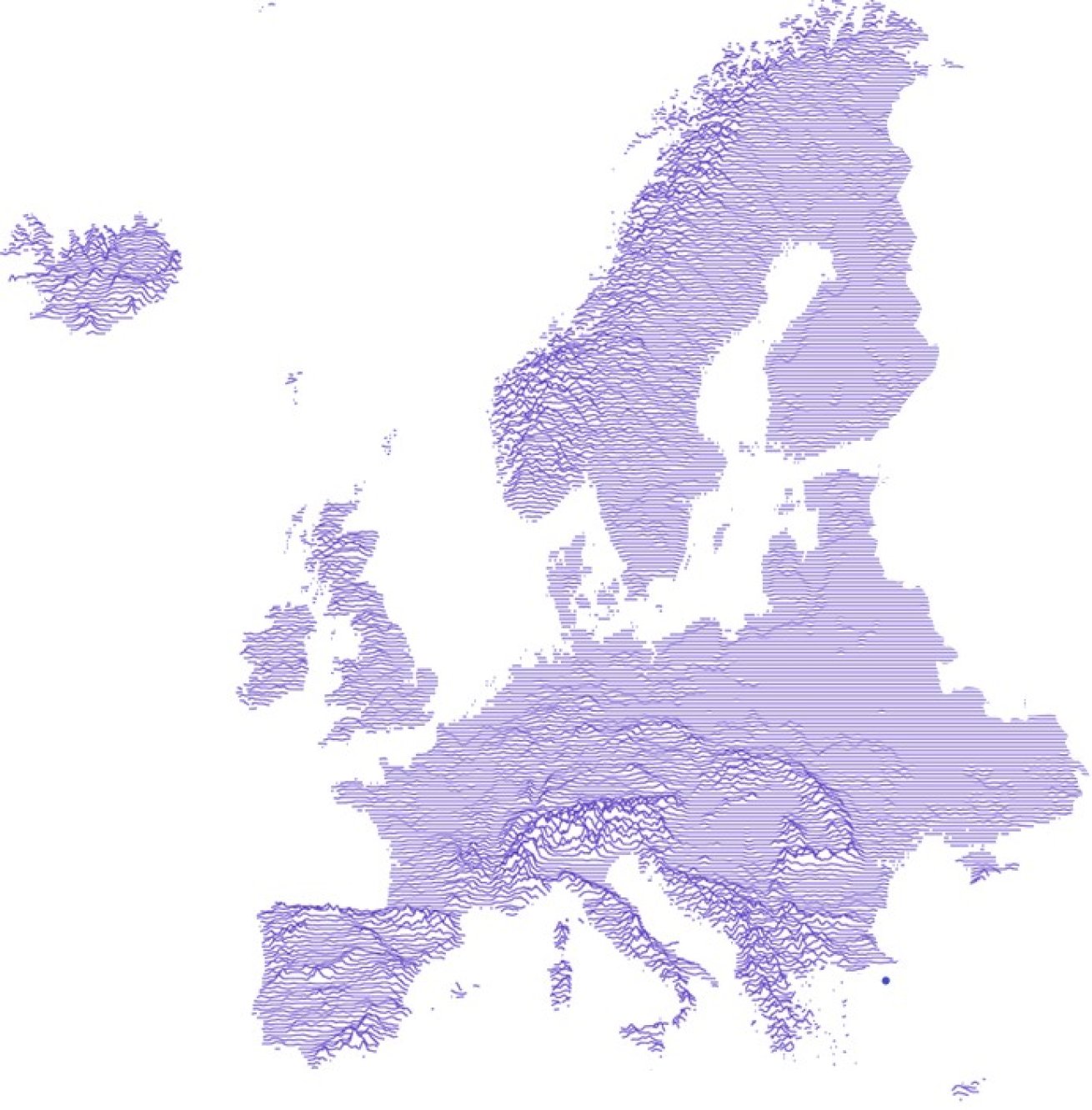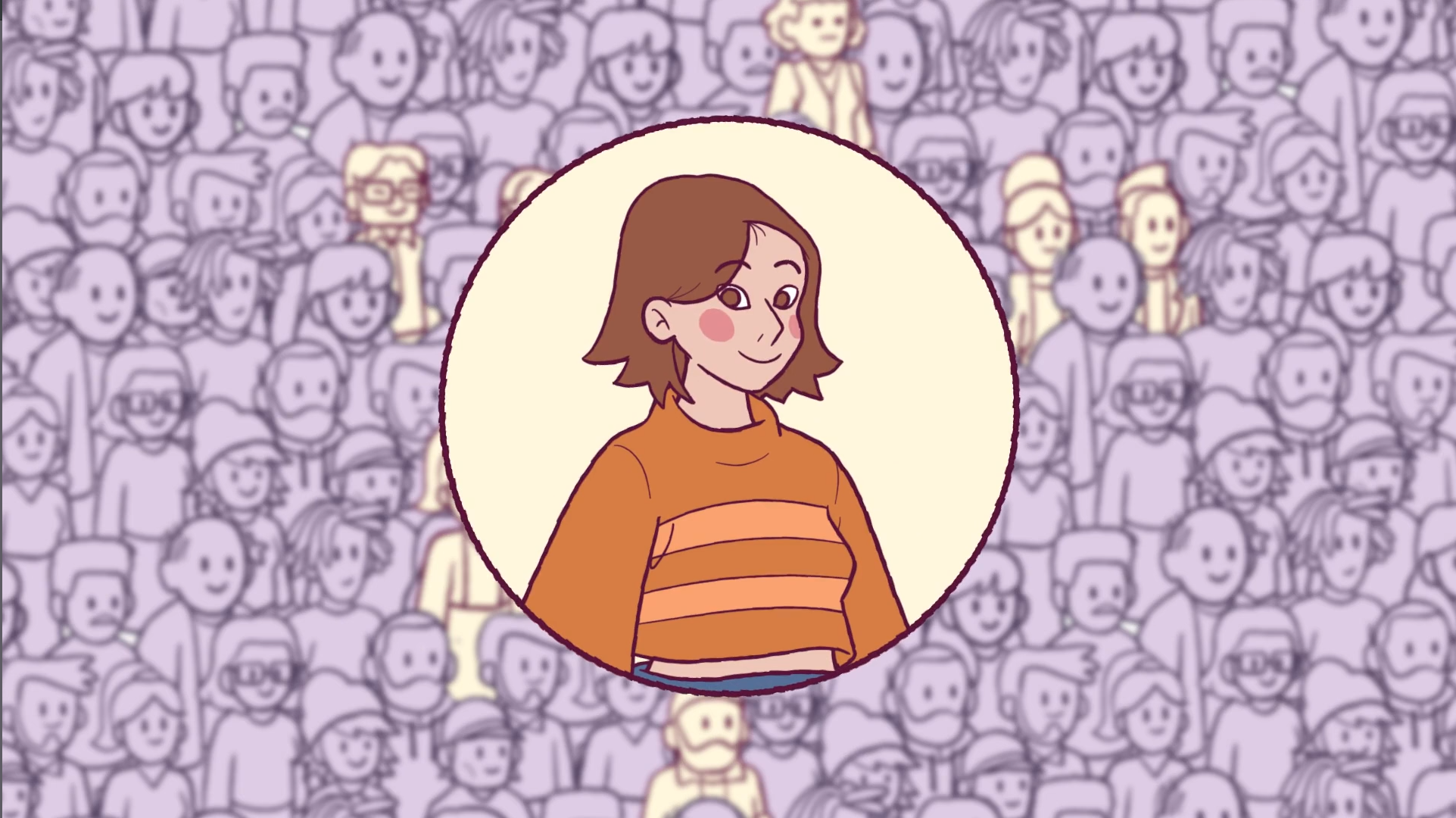This project develops a ground-breaking, network-scientific approach to social cohesion. After designing a theoretical framework for the structural cohesion of societies, it develops a new methodology to study structural cohesion empirically, hybridising two strands of network research in an unprecedented way. The methodology will be implemented in a large-scale, cross-national European survey administered to representative samples of the populations. The survey estimates are used to simulate society-wide networks with the aim of further exploring the resulting social structures in society. These societal structures are then used to specify "agent-based models" (ABM), a method to study in more depth how broad social networks influence subjective manifestations of cohesion. Along with the quantitative part of the study, we also use in-depth interviews at different points in the study to better understand what meaning these networks have to people, how they relate to their acquaintances, how their networks evolve over time, and how they are related to the social contexts in which they participate and to their attitudes toward other social groups. The findings from the interviews will also be used in ABM.
The project will give us a new understanding of how cohesive broad acquaintanceship networks are across potential fault lines of citizenship, social class, religion, and political orientation for five societies, how real-life social relationships cluster to form network constellations that expose individuals in unique ways to other social groups, and how these constellations shape subjective manifestations of cohesion such as tolerance, trust, and acceptance of diversity.




